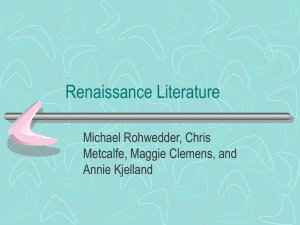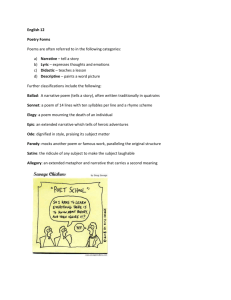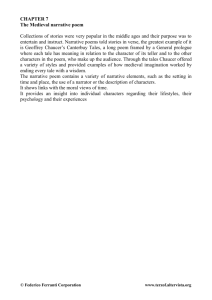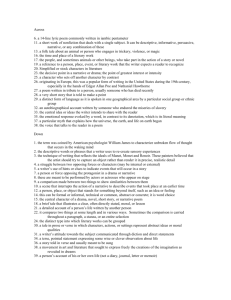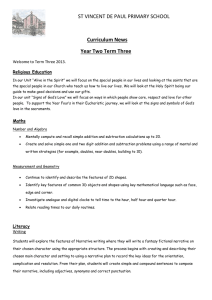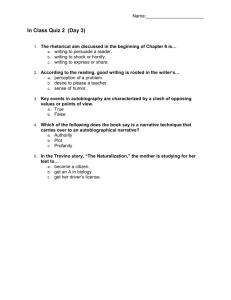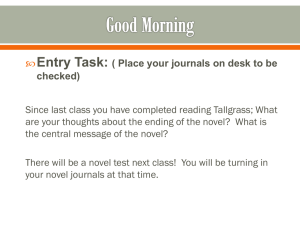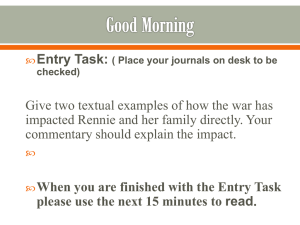epic – a long narrative poem about the deeds of gods or heroes
advertisement
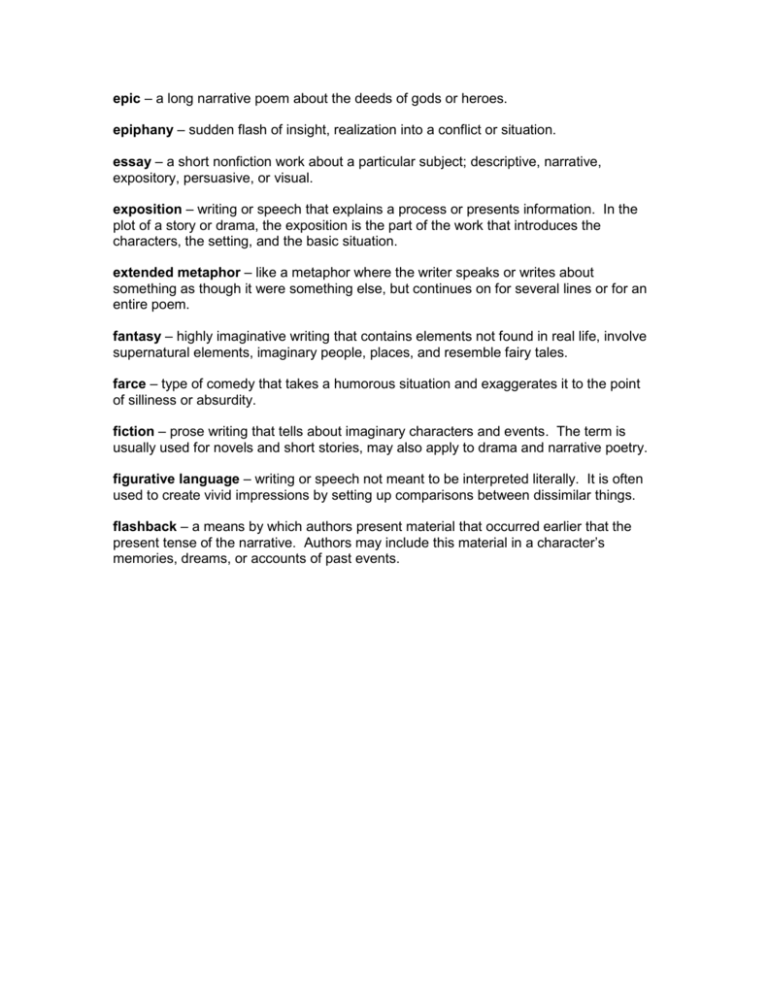
epic – a long narrative poem about the deeds of gods or heroes. epiphany – sudden flash of insight, realization into a conflict or situation. essay – a short nonfiction work about a particular subject; descriptive, narrative, expository, persuasive, or visual. exposition – writing or speech that explains a process or presents information. In the plot of a story or drama, the exposition is the part of the work that introduces the characters, the setting, and the basic situation. extended metaphor – like a metaphor where the writer speaks or writes about something as though it were something else, but continues on for several lines or for an entire poem. fantasy – highly imaginative writing that contains elements not found in real life, involve supernatural elements, imaginary people, places, and resemble fairy tales. farce – type of comedy that takes a humorous situation and exaggerates it to the point of silliness or absurdity. fiction – prose writing that tells about imaginary characters and events. The term is usually used for novels and short stories, may also apply to drama and narrative poetry. figurative language – writing or speech not meant to be interpreted literally. It is often used to create vivid impressions by setting up comparisons between dissimilar things. flashback – a means by which authors present material that occurred earlier that the present tense of the narrative. Authors may include this material in a character’s memories, dreams, or accounts of past events.
